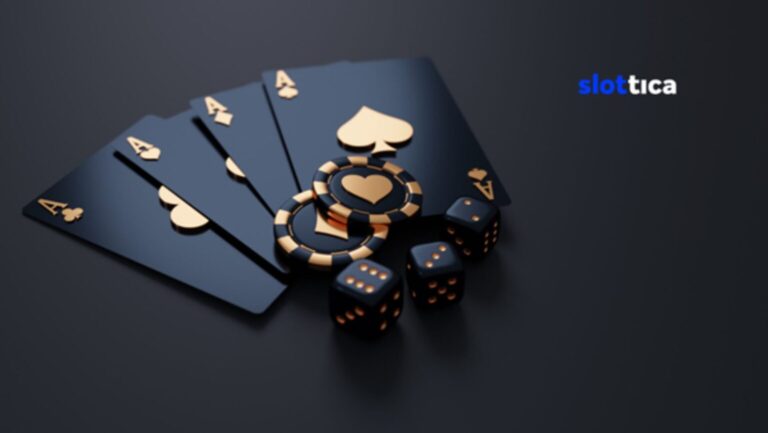Despite being thousands of years old, Keno has transformed into a widely loved casino game worldwide. A few decades ago, Keno disappeared from casinos, but online platforms have brought this ancient game back to prominence in the twenty-first century. We will explore the digital transformation of a game that used pigeons to deliver outcomes in the past. The origin of Keno is believed to be out of an ancient Chinese emperor’s need to raise funds. An army that needs funding and a tax-weary populace create a situation where a lottery becomes another classic example of time-honored state strategies. The historical background of keno emerged from the need to finance wartime expenditures.
The Chinese scholar Cheung Leung reportedly designed a lottery game using the first 120 characters from the ancient ideogram book Qianziwen around 208 BCE. The game Baige Pao or Pak-a-pu translates to “white pigeon.” It acquired its name from the use of carrier pigeons to distribute the lottery results from the capital city to distant provincial areas. History no longer holds the answer to whether Cheung Leung invented the early version of keno and other dubious claims about its role in funding the Great Wall of China. The game Pak-A-Pu gained widespread popularity among the Chinese population and later Emperors who utilized its proceeds to support state finances and finance critical infrastructure.
San Francisco maintained its interest in the game from its introduction in the 1840s until the Second World War. Around the turn of the century, non-Asian communities started developing an interest when traditional Chinese game symbols were transformed into numbers. The game was initially named Quine because it referred to a group of five in French or Latin, but it changed to Keno in America after just a few years. The ball count decreased from 120 to 80 during these changes.

Because Nevada was the first state to legalize gambling in the 1930s, keno instantly took off. Nevada’s first casino keno game appeared at the Palace Club in 1931, where participants selected horses rather than symbols or numbers. Participants could choose ten horses from the total eighty horses available.
From the late 1930s until the 1990s, keno games were present in every American casino. The keno runner was present at every buffet and late-night dining establishment from Binion’s downtown all the way to the Luxor on the Strip’s far end. The upscale Atlantic City hotels had games being announced throughout the entire day and night. The smaller regional casinos emerging in places like Mississippi and Iowa joined the trend to participate in the action. The popularity of live-action Keno continues to decline in the United States, but it has experienced a significant revival in the online gaming world. Keno games operate in more than one hundred countries and reach several thousand casinos worldwide. A selection of these locations features remote live-action keno draws that are simulcast to emulate the traditional game.
Computer-generated random number drawings in online keno enable casinos to keep a house edge that exceeds that of certain other games. Most online casinos avoid maintaining the double-digit house advantage typical in physical casinos.
Online casinos avoid the costs of labor and other overhead expenses associated with live-action games occupying prime floor space within Strip hotels. Online Keno games at American online casinos typically have a house edge that ranges from 4% to 7%. The house advantage on this game matches what online roulette players typically face. If you prefer a real-world game in which human operators handle number selection rather than digital systems, then live-action games may appeal to you. Online platforms enable games where humans draw numbers to become economically viable because websites can gather players worldwide.
The presence of thousands of players reduces labor expenses, which allows you to operate your keno parlor in a strip mall, thus maintaining low rent instead of being adjacent to Caesars’ high-limit room. The top online keno casinos maintain continuous player interest because they conduct drawings at frequent one-to-two-minute intervals. Progressive keno games frequently offer prize amounts that reach into several hundred thousand dollars and sometimes even exceed that amount. Online keno allows you to make payments at any desired time.
The combination of straightforward accessibility, greater prize pools, and diminished house edges ensures that this ancient game will continue to exist for at least another two hundred years. The historical journey of keno has not yet reached its conclusion.





